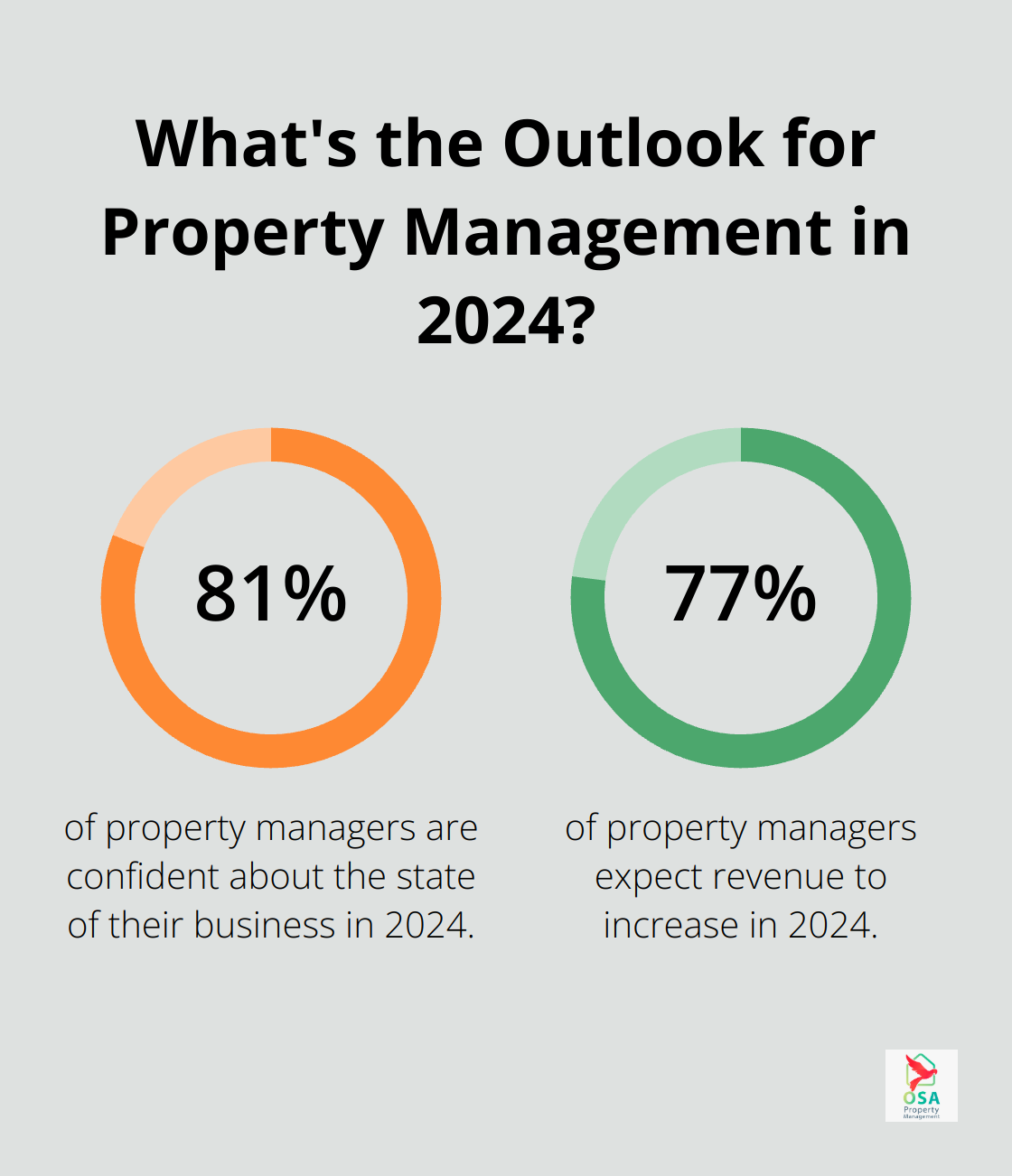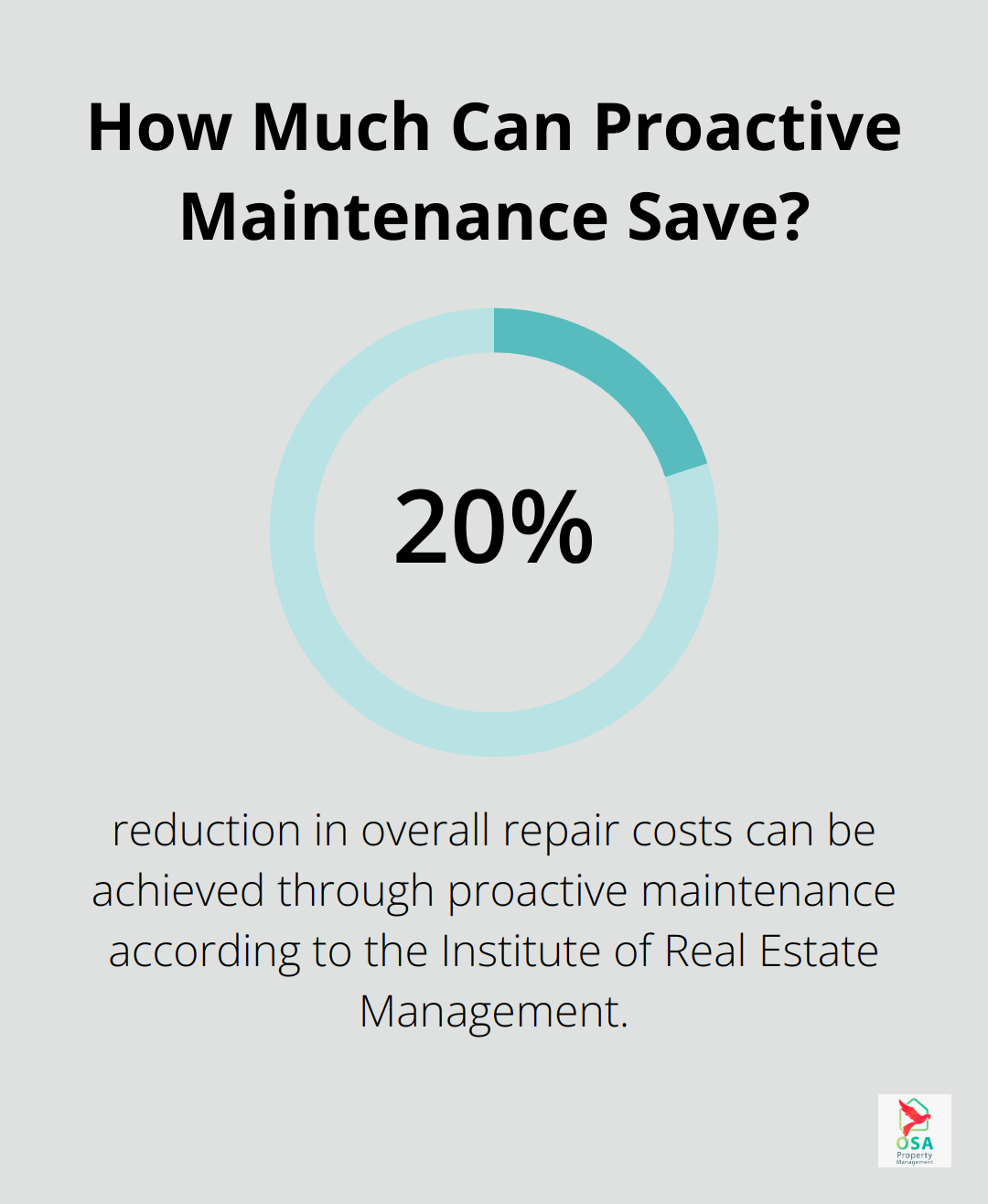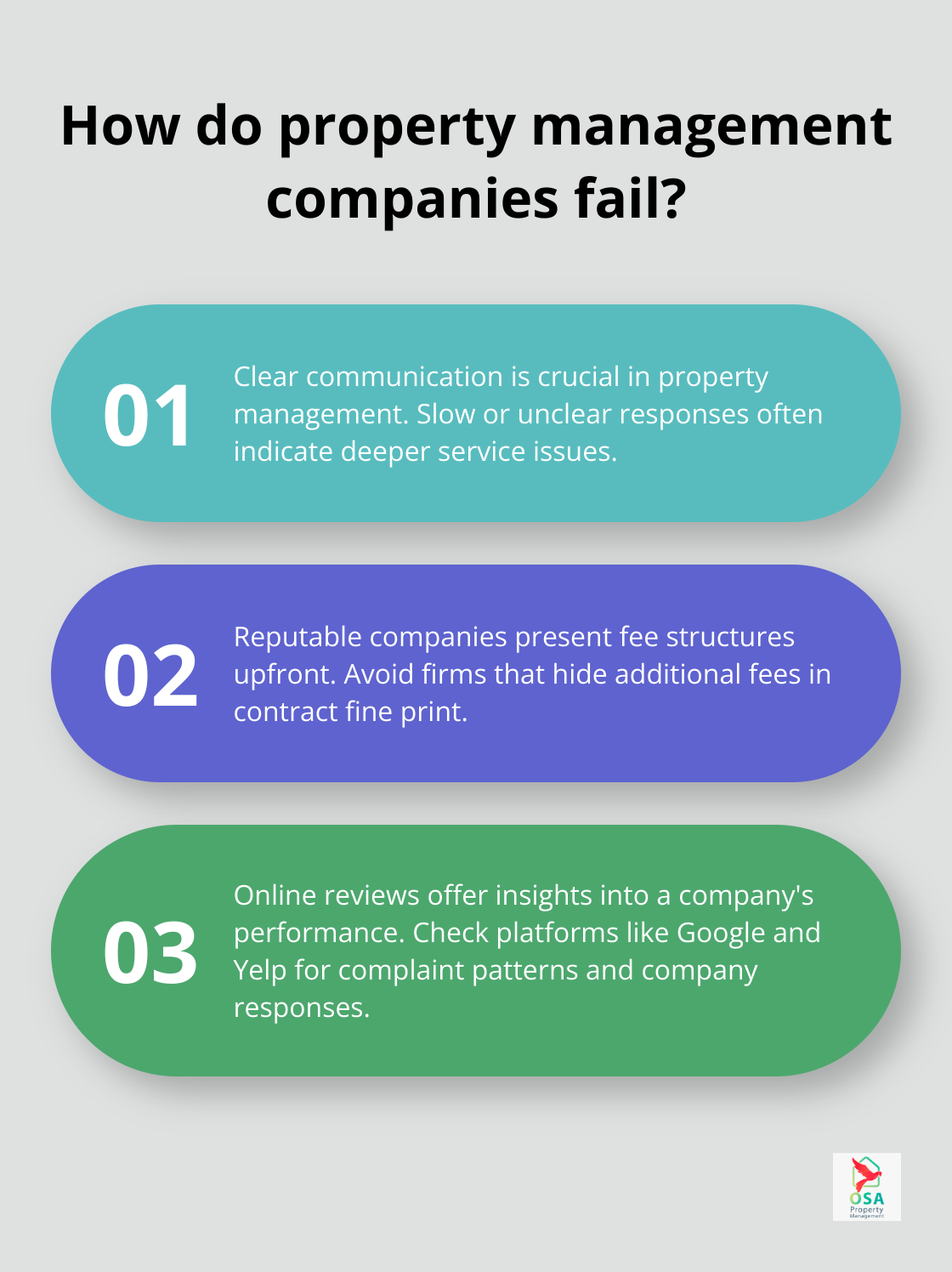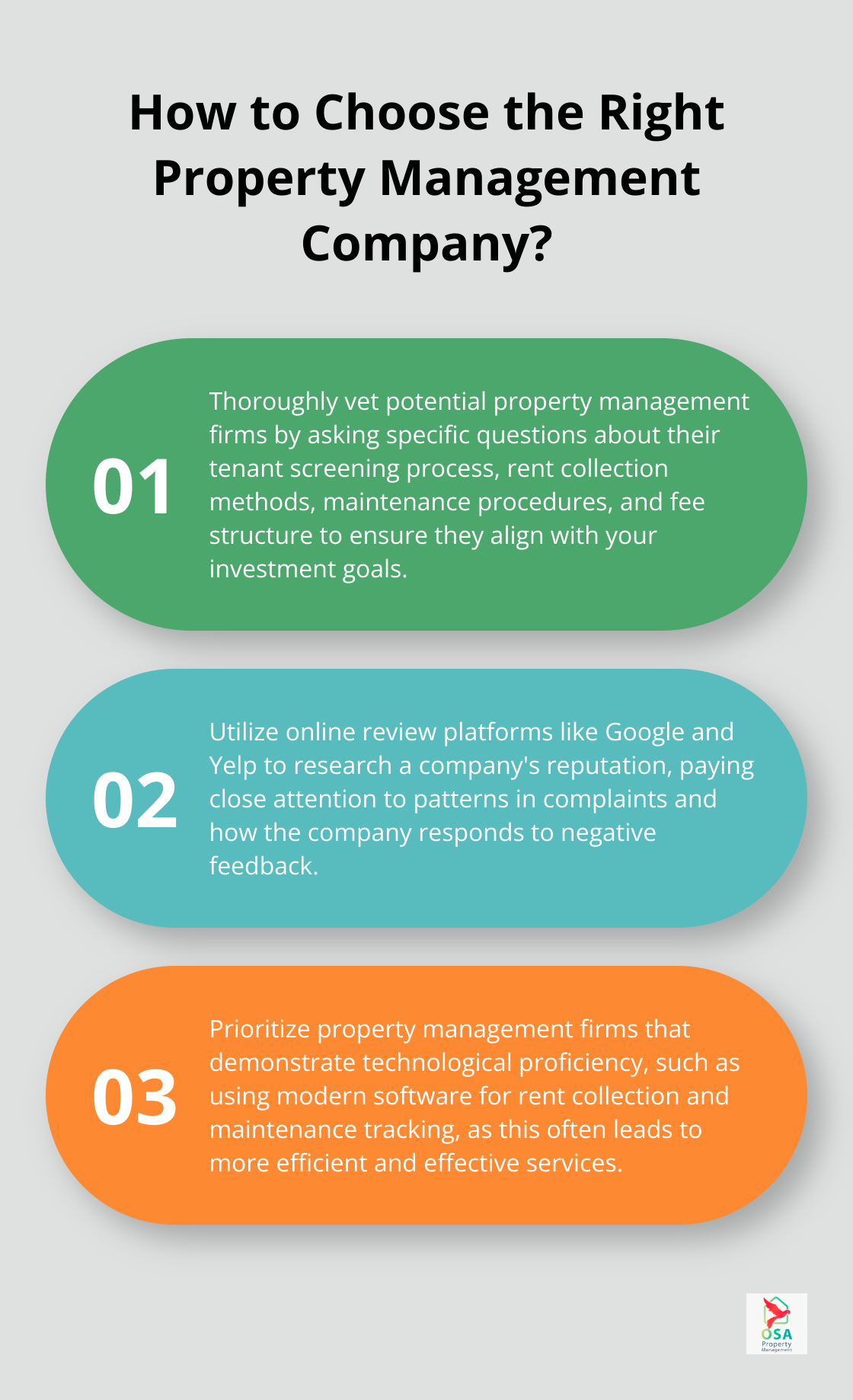Choosing the best property management firm can make or break your real estate investment success. At Osa Property Management, we understand the critical role these companies play in protecting and maximizing your property’s value.
This guide will walk you through the essential factors to consider, questions to ask, and red flags to watch out for when selecting a property management partner. By following these tips, you’ll be well-equipped to find a firm that aligns perfectly with your investment goals and property needs.
What Makes a Top-Tier Property Management Company?
Local Market Mastery
A deep understanding of the local real estate landscape is essential. Top-tier firms possess intimate knowledge of neighborhood trends, rental rates, and local regulations. In Costa Rica’s popular coastal areas, familiarity with seasonal tourism patterns and local zoning laws can significantly impact property performance.
Comprehensive Service Offerings
The breadth of services provided sets apart exceptional firms. Companies should offer a full spectrum of property management tasks (marketing vacant properties, thorough tenant screening, rent collection, financial reporting, and coordinating maintenance and repairs). Recent property management statistics provide insights into the current state of the industry and the most recent property management software trends.
Proven Track Record
A company’s reputation speaks volumes. Seek out firms with a history of satisfied clients and well-maintained properties. Client testimonials and case studies provide valuable insights into a company’s performance. (For instance, Osa Property Management’s 19 years of experience in Costa Rica has resulted in a portfolio of success stories across regions like Jaco, Manuel Antonio, and Uvita.)
Professional Credentials
Licensing and insurance are non-negotiable elements of a reputable property management firm. Ensure the company holds all necessary licenses to operate in your area. Verify their insurance coverage – this protects you from potential liabilities.
Technological Proficiency
A property management company’s technological capabilities significantly impact efficiency and tenant satisfaction. Try to find firms that utilize modern property management software for tasks like online rent collection, maintenance request tracking, and financial reporting. According to a 2024 benchmark report, 81% of property managers are confident about the state of their business in 2024, while 77% expect revenue to increase.
Transparent Communication and Reporting
Clear, consistent communication forms the backbone of effective property management. Top-tier firms provide regular, detailed reports on your property’s performance, including occupancy rates, income, expenses, and maintenance issues. They should also remain readily available to address your concerns and keep you informed about significant developments.

Now that we’ve covered the key attributes of top-tier property management companies, let’s explore the essential questions you should ask potential firms to ensure they meet these high standards.
Probing Questions for Property Management Firms
Tenant Screening and Selection
A robust tenant screening process protects your investment. Ask companies about their specific steps to vet potential tenants. Do they perform credit checks, employment verification, and criminal background checks? What criteria do they use to approve or deny applicants? Eviction screening is another important tool for housing providers to consider.
Rent Collection and Financial Reporting
Efficient rent collection and transparent financial reporting form the foundation of effective property management. Ask about the company’s rent collection methods. Do they offer online payment options? What policy do they enforce for late payments? Request sample financial reports to assess their detail and clarity. A recent report reveals that in an era of rising resident expectations and operational costs, property management companies are finding traditional methods insufficient.
Maintenance and Repairs
Prompt and cost-effective maintenance ensures tenant satisfaction and preserves property value. Inquire about their process for handling routine maintenance and emergency repairs. Do they maintain a network of reliable contractors? What average response time do they achieve for maintenance requests? The Institute of Real Estate Management suggests that proactive maintenance can reduce overall repair costs by up to 20%.
Fee Structure and Contract Terms
Understanding the fee structure and contract terms helps avoid surprises. Request a detailed breakdown of all fees, including management fees, leasing fees, and any potential extra charges. Ask about the length of the management agreement and any termination clauses. Be cautious of companies that hesitate to provide clear, upfront information about their pricing.
Technology and Innovation
Modern property management relies heavily on technology. Ask potential firms about the software and tools they use for tasks like online rent collection, maintenance request tracking, and financial reporting. Inquire about their plans for adopting new technologies, such as AI-powered solutions or virtual property tours. Companies that embrace innovation often provide more efficient and effective services.

As you gather answers to these questions, you’ll start to see patterns emerge among different property management firms. These patterns will help you identify potential red flags that could indicate a less-than-ideal partnership. Let’s explore some of these warning signs in the next section.
When evaluating property management companies, it’s crucial to ask probing questions about their maintenance procedures, tenant screening processes, and overall management approach to ensure you’re making the best choice for your investment.
Spotting Red Flags in Property Management Companies
Vague or Evasive Communication
Clear communication forms the cornerstone of effective property management. Companies that provide slow or unclear responses to inquiries often indicate deeper service issues.

We recommend you scrutinize how potential firms handle your initial questions. Do they offer specific, detailed answers about their services, fees, and processes? If not, these communication problems will likely worsen once they manage your property.
Unclear or Hidden Fee Structures
Reputable property management companies present their fee structures upfront. Avoid firms that hesitate to provide a clear breakdown of their charges or those that hide additional fees in contract fine print.
Look for a company that offers a comprehensive, easy-to-understand fee schedule (this transparency ensures you won’t face unexpected charges).
Negative Online Reviews and Unresolved Complaints
Online reviews offer valuable insights into a company’s performance and reputation. While a few negative reviews are normal, pay attention to complaint patterns and company responses.
Check review platforms like Google, Yelp, and industry-specific sites. Seek firms that respond professionally to negative feedback and take steps to resolve issues.
High Staff Turnover and Inexperienced Team Members
Frequent employee changes can signal internal problems and lead to inconsistent property service. During your vetting process, ask about the average tenure of their property managers and support staff.
Experienced team members bring valuable knowledge and established relationships with local vendors, which often translates to better service for your property.
Lack of Technology Adoption
Modern property management relies heavily on technology for efficiency and effectiveness. Companies that resist adopting new technologies may struggle to provide top-tier service.
Ask potential firms about the software and tools they use for tasks like online rent collection, maintenance request tracking, and financial reporting. Inquire about their plans for implementing new technologies, such as AI-powered solutions or virtual property tours. Companies that embrace innovation often deliver more efficient and effective services.
When spotting red flags in property management companies, be sure to consider factors such as licensing and insurance deficiencies, tarnished online reputation, and excessive staff turnover.
Final Thoughts
Selecting the best property management firm will significantly impact your real estate investment success. Top-tier companies possess local market expertise, offer comprehensive services, and demonstrate a proven track record. We recommend you ask probing questions about tenant screening, rent collection, maintenance procedures, and fee structures to evaluate a company’s professionalism and alignment with your goals.

Thorough research will help you avoid red flags such as poor communication, hidden fees, and negative online reviews. We advise you to investigate potential firms, verify their credentials, and speak with current clients. The right property management partner should meet your current needs and adapt to your growing investment portfolio.
At Osa Property Management, we offer tailored solutions for property management in Costa Rica. Our commitment to transparency, technology adoption, and comprehensive service has helped many property owners maximize their investments. You will find the best property management firm when you choose one that aligns with your investment goals, communicates effectively, and understands your specific market.

